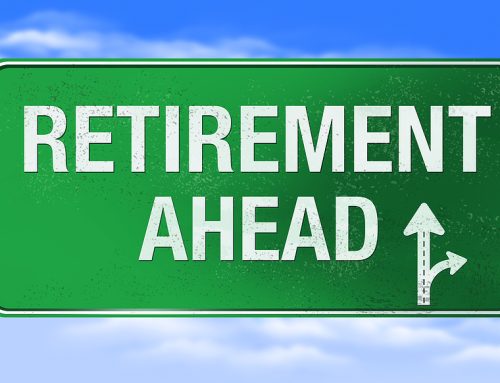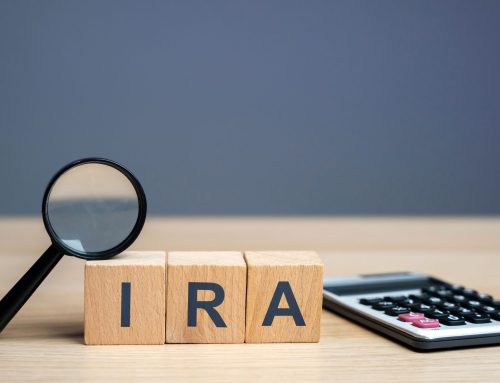
Plenty of people in the late stages of their careers and in the pre-retirement age range may find themselves focusing on covering immediate financial needs and postponing their retirement needs. If this sounds like you, we get it, but this could be more costly than you think. It’s important to understand the potential drawbacks associated with the decision to keep postponing saving for retirement. Everyone’s situation is different, of course, but people delaying their savings could be eroding the stability of their financial future when they don’t need to be.
Don’t Miss Out on Compounding Returns
One major drawback of delaying your retirement contributions is the missed opportunity for compounding returns. Compounding returns work in a way that allows your initial investment to generate earnings. Those earnings then also earn returns, which may create a snowball effect on your savings over time.[1] For instance, if you were to invest $10,000 in an account with a 4% annual interest rate, at the end of the first year, your account would grow to $10,400. The real power, however, lies in the fact that the additional $400 will also start earning interest, leading to a substantial impact on your savings over the long term. If the money remained in the account for 10 years, the value would grow to about $14,080, demonstrating the significant effect of compounding returns on your savings.
Save on Taxes When You Contribute to Some Retirement Accounts
Another consequence of delaying your retirement contributions is the potential impact on taxes. Contributions to some types of retirement accounts come with tax advantages. For example, contributions to traditional 401(k)s can lower your annual income, potentially reducing your tax bracket and allowing you to retain more of your earnings. This can help you save more today to cover those expenses that were initially prohibiting you from saving for retirement!
Don’t Underestimate the Power of the Roth
In addition, there are tax-advantaged accounts that don’t reduce your current tax burden but can be utilized as completely tax-free if withdrawn properly in retirement. This type of post-tax contribution retirement account is called a Roth account. The benefit of a Roth 401(k) or IRA is that you have already paid taxes on your contributions, so when you’ve retired, you can withdraw your account values income and capital gains tax-free.[3] This allows you to benefit from compounding returns and pay no tax on your gains and the income that comes from that source.
When devising your retirement strategy, don’t forget how important retirement contributions can be and how just a small amount of regular savings can make a dramatic difference in your total savings over time. But also keep in mind that everyone’s needs are different. An effective retirement plan should encompass a comprehensive understanding of your individual circumstances. Depending on your specific situation, many nuanced strategies may be necessary to make the most out of your retirement. Reach out to us today for guidance from a financial professional to take that first step towards securing your retirement.
[1] https://www.investopedia.com/terms/c/compoundreturn.asp
[2] https://www.investopedia.com/articles/retirement/08/401k-info.asp
[3] https://www.investopedia.com/terms/r/rothira.asp









